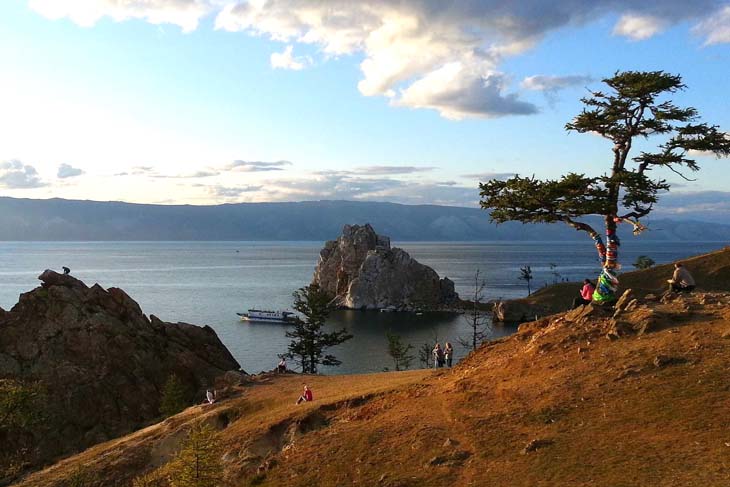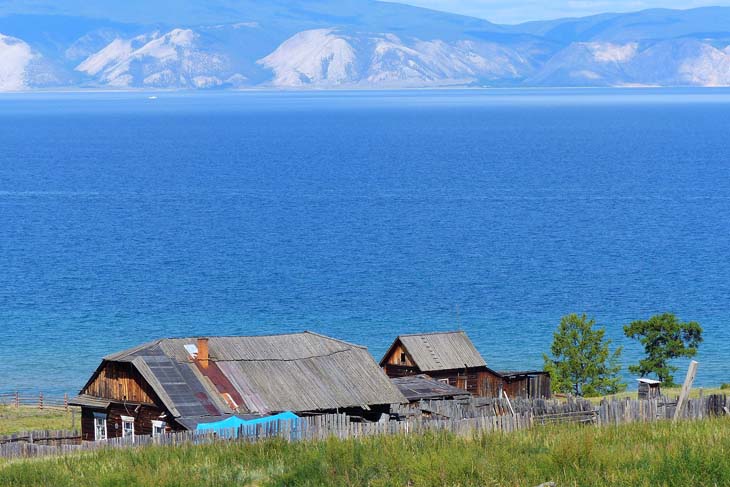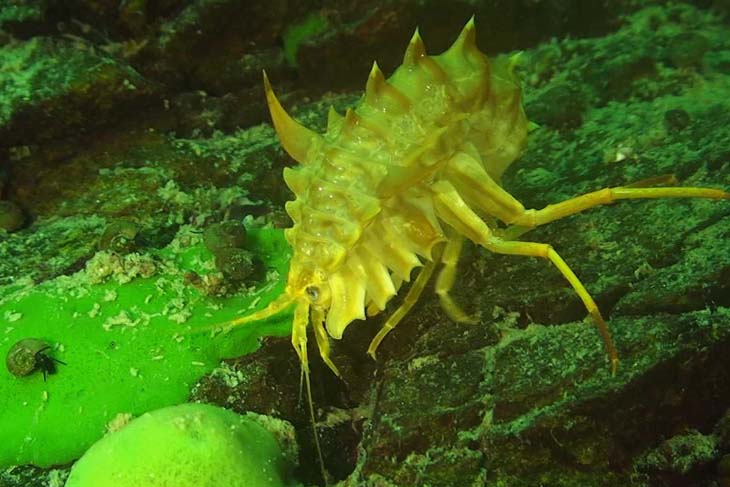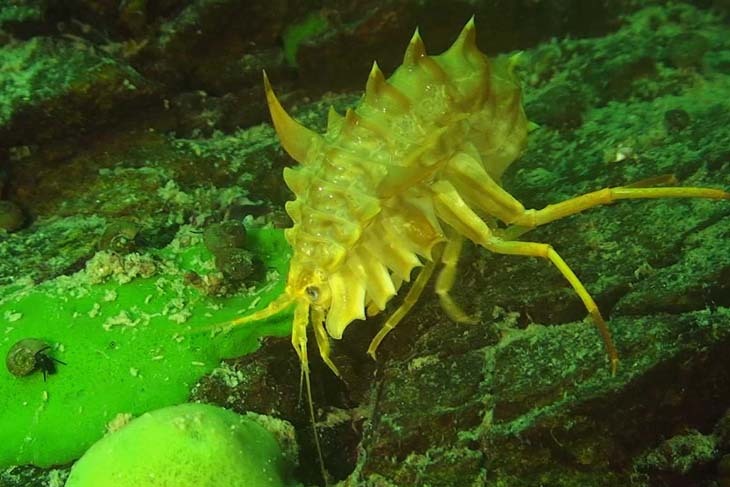- Current Line-Up
- Comedy
- Animation
- Documentary
- Drama
- Family Entertainment
- Thriller
- Upcoming
- Festival-Highlights
- Factual Entertainment
- Family Entertainment
- Fiction
- Lifestyle
- Scripted Reality
- Show
- Current Affairs
- Culture/Travel
- Docudrama
- HD Content
- Health/Food
- History
- Human Interest
- Market Premiere
- Nature/Wildlife
- Portrait
- Religion
- Science
- Market Premiere
- Series
- Action/Adventure
- Thriller/Crime
- Drama
- Mini Series
- Event Movie
- Comedy
- Romance
- Family Entertainment
- Animation
- Movie Collection
- Feature Film
- HD Content
- Fiction English
- Feature Classic
- No linguistic content
- Common
- German
- English
- French
- Spanish
- Italian
- Turkish
- All
- Abkhazian
- Achinese
- Acoli
- Adangme
- Adygei
- Adyghe
- Afar
- Afrihili
- Afrikaans
- Afro-Asiatic (Other)
- Ainu
- Akan
- Akkadian
- Albanian
- Alemannic
- Aleut
- Algonquian languages
- Altaic (Other)
- Amharic
- Angika
- Apache languages
- Arabic
- Aragonese
- Arapaho
- Arawak
- Armenian
- Aromanian
- Artificial (Other)
- Arumanian
- Assamese
- Asturian
- Athapascan languages
- Australian languages
- Austronesian (Other)
- Avaric
- Avestan
- Awadhi
- Aymara
- Azerbaijani
- Bable
- Balinese
- Baltic (Other)
- Baluchi
- Bambara
- Bamileke languages
- Banda languages
- Bantu (Other)
- Basa
- Bashkir
- Basque
- Batak languages
- Beja
- Belarusian
- Bemba
- Bengali
- Berber (Other)
- Bhojpuri
- Bihari
- Bikol
- Bilin/Blin
- Bini/Edo
- Bislama
- Blin
- Bokmål, Norwegian
- Bosnian
- Braj
- Breton
- Buginese
- Bulgarian
- Buriat
- Burmese
- Caddo
- Cantonese
- Catalan
- Caucasian (Other)
- Cebuano
- Celtic (Other)
- Central American Indian (Other)
- Chagatai
- Chamic languages
- Chamorro
- Chechen
- Cherokee
- Chewa
- Cheyenne
- Chibcha
- Chichewa
- Chinese
- Chinook jargon
- Chipewyan
- Choctaw
- Chuang
- Church Slavic
- Church Slavonic
- Chuukese
- Chuvash
- Classical Nepal Bhasa
- Classical Newari
- Classical Syriac
- Cook Islands Maori
- Coptic
- Cornish
- Corsican
- Cree
- Creek
- Creoles and pidgins (Other)
- Creoles and pidgins, English based (Other)
- Creoles and pidgins, French-based (Other)
- Creoles and pidgins, Portuguese-based (Other)
- Crimean Tatar
- Crimean Turkish
- Croatian
- Cushitic (Other)
- Czech
- Dakota
- Danish
- Dargwa
- Delaware
- Dhivehi
- Dimili
- Dimli
- Dinka
- Divehi
- Dogri
- Dogrib
- Dravidian (Other)
- Duala
- Dutch
- Dutch, Middle (ca.1050-1350)
- Dyula
- Dzongkha
- Eastern Frisian
- Edo
- Efik
- Egyptian (Ancient)
- Ekajuk
- Elamite
- English, Middle (1100-1500)
- English, Old (ca.450-1100)
- Erzya
- Esperanto
- Estonian
- Ewe
- Ewondo
- Fang
- Fanti
- Faroese
- Fijian
- Filipino
- Finnish
- Finno-Ugrian (Other)
- Flemish
- Fon
- French (Canadian)
- French (Parisian)
- French, Middle (ca.1400-1600)
- French, Old (842-ca.1400)
- Friulian
- Fulah
- Ga
- Gaelic
- Galibi Carib
- Galician
- Ganda
- Gayo
- Gbaya
- Geez
- Georgian
- German, Low
- German, Middle High (ca.1050-1500)
- German, Old High (ca.750-1050)
- Germanic (Other)
- Gikuyu
- Gilbertese
- Gondi
- Gorontalo
- Gothic
- Grebo
- Greek
- Greek, Ancient (to 1453)
- Greenlandic
- Guarani
- Gujarati
- Gwich'in
- Haida
- Haitian
- Haitian Creole
- Hausa
- Hawaiian
- Hebrew
- Herero
- Hiligaynon
- Himachali
- Hindi
- Hiri Motu
- Hittite
- Hmong
- Hungarian
- Hupa
- Iban
- Icelandic
- Ido
- Igbo
- Ijo languages
- Iloko
- Imperial Aramaic (700-300 BCE)
- Inari Sami
- Indic (Other)
- Indo-European (Other)
- Indonesian
- Ingush
- Interlingua
- Interlingue
- Inuktitut
- Inupiaq
- Iranian (Other)
- Irish
- Irish, Middle (900-1200)
- Irish, Old (to 900)
- Iroquoian languages
- Japanese
- Javanese
- Jingpho
- Judeo-Arabic
- Judeo-Persian
- Kabardian
- Kabyle
- Kachin
- Kalaallisut
- Kalmyk
- Kamba
- Kannada
- Kanuri
- Kara-Kalpak
- Karachay-Balkar
- Karelian
- Karen languages
- Kashmiri
- Kashubian
- Kawi
- Kazakh
- Khasi
- Khmer (Cambodian)
- Khoisan (Other)
- Khotanese
- Kikuyu
- Kimbundu
- Kinyarwanda
- Kirdki
- Kirghiz
- Kirmanjki
- Klingon
- Komi
- Kongo
- Konkani
- Korean
- Kosraean
- Kpelle
- Kru languages
- Kuanyama
- Kumyk
- Kurdish
- Kurukh
- Kutenai
- Kwanyama
- Kyrgyz
- Ladino
- Lahnda
- Lamba
- Land Dayak languages
- Lao
- Latin
- Latvian
- Lezghian
- Limburgan
- Limburger
- Limburgish
- Lingala
- Lithuanian
- Lojban
- Low German
- Low Saxon
- Lower Sorbian
- Lozi
- Luba-Katanga
- Luba-Lulua
- Luiseno
- Lule Sami
- Lunda
- Luo (Kenya and Tanzania)
- Lushai
- Luxembourgish
- Macedo-Romanian
- Macedonian
- Madurese
- Magahi
- Maithili
- Makasar
- Malagasy
- Malay
- Malayalam
- Maldivian
- Maltese
- Manchu
- Mandar
- Mandarin
- Mandingo
- Manipuri
- Manobo languages
- Manx
- Maori
- Mapuche
- Mapudungun
- Marathi
- Mari
- Marshallese
- Marwari
- Masai
- Mayan languages
- Mende
- Mi'kmaq
- Micmac
- Minangkabau
- Mirandese
- Mohawk
- Moksha
- Moldavian
- Mon-Khmer (Other)
- Mongo
- Mongolian
- Mossi
- Multiple languages
- Munda languages
- N'Ko
- Nahuatl languages
- Nauru
- Navaho
- Navajo
- Ndebele, North
- Ndebele, South
- Ndonga
- Neapolitan
- Nepal Bhasa
- Nepali
- Newari
- Nias
- Niger-Kordofanian (Other)
- Nilo-Saharan (Other)
- Niuean
- Nogai
- Norse, Old
- North American Indian
- North Ndebele
- Northern Frisian
- Northern Sami
- Northern Sotho
- Norwegian
- Norwegian Bokmål
- Norwegian Nynorsk
- Nubian languages
- Nyamwezi
- Nyanja
- Nyankole
- Nynorsk, Norwegian
- Nyoro
- Nzima
- Occitan (post 1500)
- Official Aramaic (700-300 BCE)
- Oirat
- Ojibwa
- Old Bulgarian
- Old Church Slavonic
- Old Newari
- Old Slavonic
- Oriya
- Oromo
- Osage
- Ossetian
- Ossetic
- Otomian languages
- Pahlavi
- Palauan
- Pali
- Pampanga
- Pangasinan
- Panjabi
- Papiamento
- Papuan (Other)
- Pedi
- Persian
- Persian, Old (ca.600-400 B.C.)
- Philippine (Other)
- Phoenician
- Pilipino
- Pohnpeian
- Polish
- Portuguese
- Portuguese (Brazilian)
- Prakrit languages
- Provençal
- Provençal, Old (to 1500)
- Punjabi
- Pushto
- Quechua
- Rajasthani
- Rapanui
- Rarotongan
- Reserved for local use
- Romance (Other)
- Romanian
- Romansh
- Romany
- Rundi
- Russian
- Salishan languages
- Samaritan Aramaic
- Sami languages (Other)
- Samoan
- Sandawe
- Sango
- Sanskrit
- Santali
- Sardinian
- Sasak
- Saxon, Low
- Scots
- Scottish Gaelic
- Selkup
- Semitic (Other)
- Sepedi
- Serbian
- Serbo-Croatian
- Serer
- Shan
- Shona
- Sichuan Yi
- Sicilian
- Sidamo
- Sign Languages
- Siksika
- Sindhi
- Sinhala
- Sinhalese
- Sino-Tibetan (Other)
- Siouan languages
- Skolt Sami
- Slave (Athapascan)
- Slavic (Other)
- Slovak
- Slovenian
- Sogdian
- Somali
- Songhai languages
- Soninke
- Sorbian languages
- Sotho, Northern
- Sotho, Southern
- South American Indian (Other)
- South Ndebele
- Southern Altai
- Southern Sami
- Spanish (Castilian)
- Spanish (Latin American)
- Sranan Tongo
- Sukuma
- Sumerian
- Sundanese
- Susu
- Swahili
- Swati
- Swedish
- Swiss German
- Syriac
- Tagalog
- Tahitian
- Tai (Other)
- Taiwanese
- Tajik
- Tamashek
- Tamil
- Tatar
- Telugu
- Tereno
- Tetum
- Thai
- Tibetan
- Tigre
- Tigrinya
- Timne
- Tiv
- Tlingit
- Tok Pisin
- Tokelau
- Tonga (Nyasa)
- Tonga (Tonga Islands)
- Tsimshian
- Tsonga
- Tswana
- Tumbuka
- Tupi languages
- Turkish, Ottoman (1500-1928)
- Turkmen
- Tuvalu
- Tuvinian
- Twi
- Udmurt
- Ugaritic
- Uighur
- Ukrainian
- Umbundu
- Uncoded languages
- Undetermined
- Upper Sorbian
- Urdu
- Uyghur
- Uzbek
- Vai
- Valencian
- Venda
- Vietnamese
- Volapük
- Votic
- Wakashan languages
- Walamo
- Walloon
- Waray
- Washo
- Welsh
- Western Frisian
- Wolof
- Xhosa
- Yakut
- Yao
- Yapese
- Yiddish
- Yoruba
- Yugoslavian
- Yupik languages
- Zande languages
- Zapotec
- Zaza
- Zazaki
- Zenaga
- Zhuang
- Zulu
- Zuni
- tlhIngan-Hol
Lake Baikal - The Earth's Blue Eye, Russia (411/418)
Martin Thoma / Culture/Tradition/Anthropology/Ethnic studies, Environment/Geography, Travel/Tourism, Adventure/Expeditions
German [OV], English [DUB]
00h15h00h00 min
Lake Baikal - The Earth's Blue Eye, Russia (411/418)
To the Buryats, the native people of Central Siberia, the "Baygal nuur" or the "rich lake", is a magical place, the cradle and soul of their people. The rest of the world simply sees Lake Baikal as a most magnificent body of water. Located in the heart of Siberia, on Russia's south-eastern border with Mongolia, it holds one fifth of all the liquid freshwater reserves on Earth. Baikal is the deepest and oldest lake in the world, its expanse of water covering a region larger than Belgium. To biologists, the Baikal region is the Galapagos archipelago of Russia, one of the most species-rich freshwater biotopes on our planet.
When Russians speak of the "Osero Baikal", they mean the "great Siberian lake" which extends over a surface area of 31,722 km² at an altitude of 455 m between the south Siberian mountain ranges along Russia's south-eastern border with Mongolia. At 25 million years old and a depth of 1642 meters, it is both the oldest and the deepest lake on Earth, and stretches for 673 km from the south-west to the north-west, measuring 82 km at its widest point.
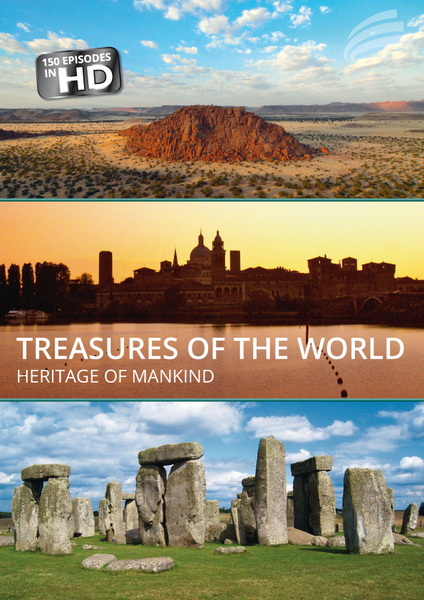
Key Information
| Original Title | Schätze der Welt - Erbe der Menschheit: Der Baikal - Das blaue Auge der Erde, Russland |
| Genre |
Culture/Tradition/Anthropology/Ethnic studies Environment/Geography Travel/Tourism Adventure/Expeditions |
| Produced by: | Martin Thoma Film- und Fernsehproduktion GmbH for SWR and Global Screen |
| Year Of Production | 2014 |
| Duration | 00h15h00h00 min |
| Country Of Origin | Germany |
| Language Versions | German [OV], English [DUB] |
Cast & Crew
| Director/s | Martin Thoma |
| Cast | |
| Producer/s | |
| Writer/s |

